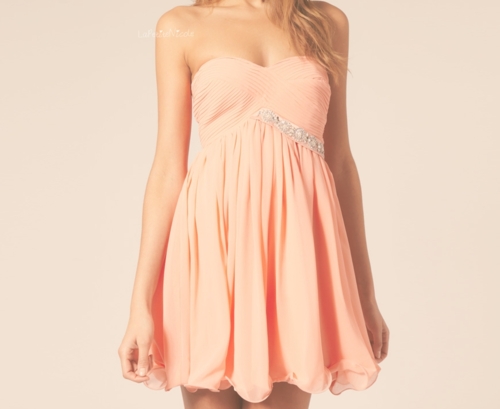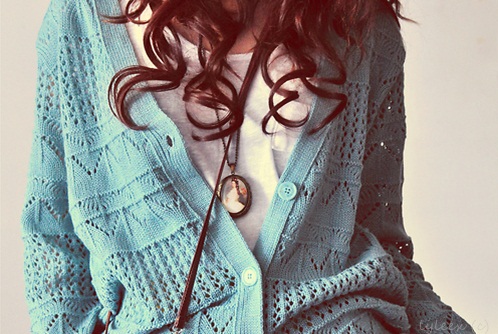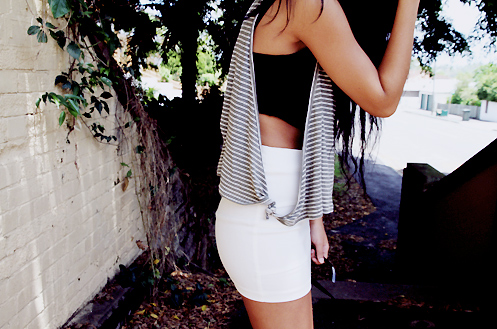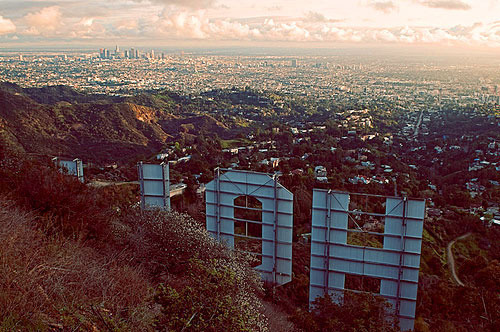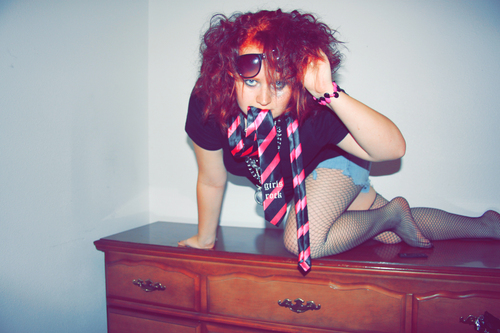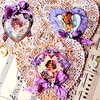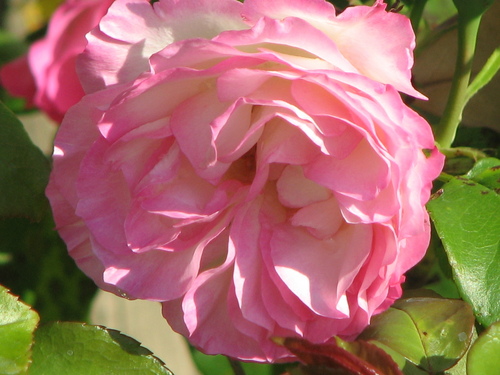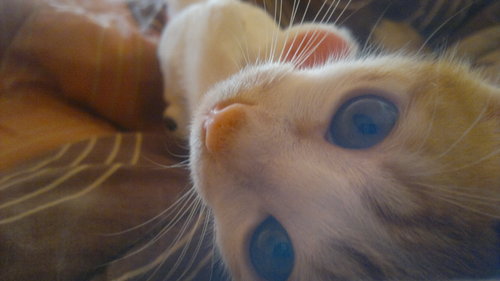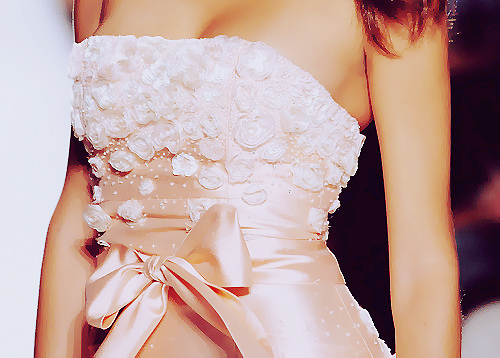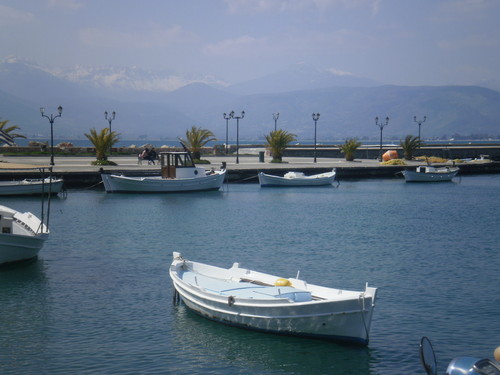Arbus, Diane
American, 1923-1971
A pivotal figure in contemporary documentary photography, Diane Arbus produced a substantial body of work before her suicide in 1971. Her unrelentingly direct photographs of people who live on the edge of societal acceptance, as well as those photographs depicting supposedly "normal" people in a way that sharply outlines the cracks in their public masks, were controversial at the time of their creation and remain so today.
Arbus was born Diane Nemerox, to a wealthy family in New York City. Her father owned a fashionable Fifth Avenue department store. She was educated at the Ethical Culture School, a progressive institution. At age 18 she married Allan Arbus and began to express an interest in photography. Her father asked Diane and her husband to make advertising photographs for his store. The couple collaborated as photographers from then on, eventually producing fashion pictures for Harper's Bazaar.
Between 1955 and 1957 Arbus studied under Lisette Model. Model encouraged Arbus to concentrate on personal pictures and to further develop what Model recognized as a uniquely incisive documentary eye. Soon after Arbus began her studies with Lisette Model, she began to devote herself fully to documenting transvestites, twins, midgets, people on the streets and in their homes, and asylum inmates. Arbus's pictures are almost invariably confrontational: the subjects look directly at the camera and are sharply rendered, lit da direct flash o other frontal lighting. Her subjects appear to be perfectly willing, if not eager, to reveal themselves and their flaws to her lens.
She detto of her pictures, "What I'm trying to describe is that it's impossible to get out of your skin into somebody else's.... That somebody else's tragedy is not the same as your own." And of her subjects who were physically unusual, she said, "Most people go through life dreading they'll have a traumatic experience. [These people] were born with their trauma. They've already passed their test in life. They're aristocrats."
Arbus's photographs drew immediate attention from the artistic community. She was awarded Guggenheim Fellowships in 1963 and 1966 to continue her work. In 1967 her work was mounted in the New Documents mostra at the Museum of Modern Art, New York, along with the work of two other influential, new photographers: Gary Winogrand and Lee Friedlander. For the most part, the exhibition received extremely good reviews.
In 1970 Arbus made a limited portafoglio, portfolio containing 10 photographs; da then she had established an international reputation as one of the pioneers of the "new" documentary style. Her work was often compared with that of August Sander, whose Men Without Masks expressed similar concerns, although in a seemingly less ruthless manner. In July 1971 Diane Arbus took her own life in Greenwich Village, New York. Her death brought even più attention to her name and photographs. In the following anno Arbus became the first American photographer to be represented at the Venice Biennale. A major retrospective at the Museum of Modern Art, New York, in 1972, which traveled throughout the U.S. and Canada, was viewed da over 7.25 million people. The successivo year, a Japanese retrospective traveled through Western Europa and the Western Pacific. The 1972 Aperture monograph Diane Arbus, now in its twelfth edition, has sold più than 100,000 copies.
Text from The Encyclopedia of Photography:
link
American, 1923-1971
A pivotal figure in contemporary documentary photography, Diane Arbus produced a substantial body of work before her suicide in 1971. Her unrelentingly direct photographs of people who live on the edge of societal acceptance, as well as those photographs depicting supposedly "normal" people in a way that sharply outlines the cracks in their public masks, were controversial at the time of their creation and remain so today.
Arbus was born Diane Nemerox, to a wealthy family in New York City. Her father owned a fashionable Fifth Avenue department store. She was educated at the Ethical Culture School, a progressive institution. At age 18 she married Allan Arbus and began to express an interest in photography. Her father asked Diane and her husband to make advertising photographs for his store. The couple collaborated as photographers from then on, eventually producing fashion pictures for Harper's Bazaar.
Between 1955 and 1957 Arbus studied under Lisette Model. Model encouraged Arbus to concentrate on personal pictures and to further develop what Model recognized as a uniquely incisive documentary eye. Soon after Arbus began her studies with Lisette Model, she began to devote herself fully to documenting transvestites, twins, midgets, people on the streets and in their homes, and asylum inmates. Arbus's pictures are almost invariably confrontational: the subjects look directly at the camera and are sharply rendered, lit da direct flash o other frontal lighting. Her subjects appear to be perfectly willing, if not eager, to reveal themselves and their flaws to her lens.
She detto of her pictures, "What I'm trying to describe is that it's impossible to get out of your skin into somebody else's.... That somebody else's tragedy is not the same as your own." And of her subjects who were physically unusual, she said, "Most people go through life dreading they'll have a traumatic experience. [These people] were born with their trauma. They've already passed their test in life. They're aristocrats."
Arbus's photographs drew immediate attention from the artistic community. She was awarded Guggenheim Fellowships in 1963 and 1966 to continue her work. In 1967 her work was mounted in the New Documents mostra at the Museum of Modern Art, New York, along with the work of two other influential, new photographers: Gary Winogrand and Lee Friedlander. For the most part, the exhibition received extremely good reviews.
In 1970 Arbus made a limited portafoglio, portfolio containing 10 photographs; da then she had established an international reputation as one of the pioneers of the "new" documentary style. Her work was often compared with that of August Sander, whose Men Without Masks expressed similar concerns, although in a seemingly less ruthless manner. In July 1971 Diane Arbus took her own life in Greenwich Village, New York. Her death brought even più attention to her name and photographs. In the following anno Arbus became the first American photographer to be represented at the Venice Biennale. A major retrospective at the Museum of Modern Art, New York, in 1972, which traveled throughout the U.S. and Canada, was viewed da over 7.25 million people. The successivo year, a Japanese retrospective traveled through Western Europa and the Western Pacific. The 1972 Aperture monograph Diane Arbus, now in its twelfth edition, has sold più than 100,000 copies.
Text from The Encyclopedia of Photography:
link

Background Stand





